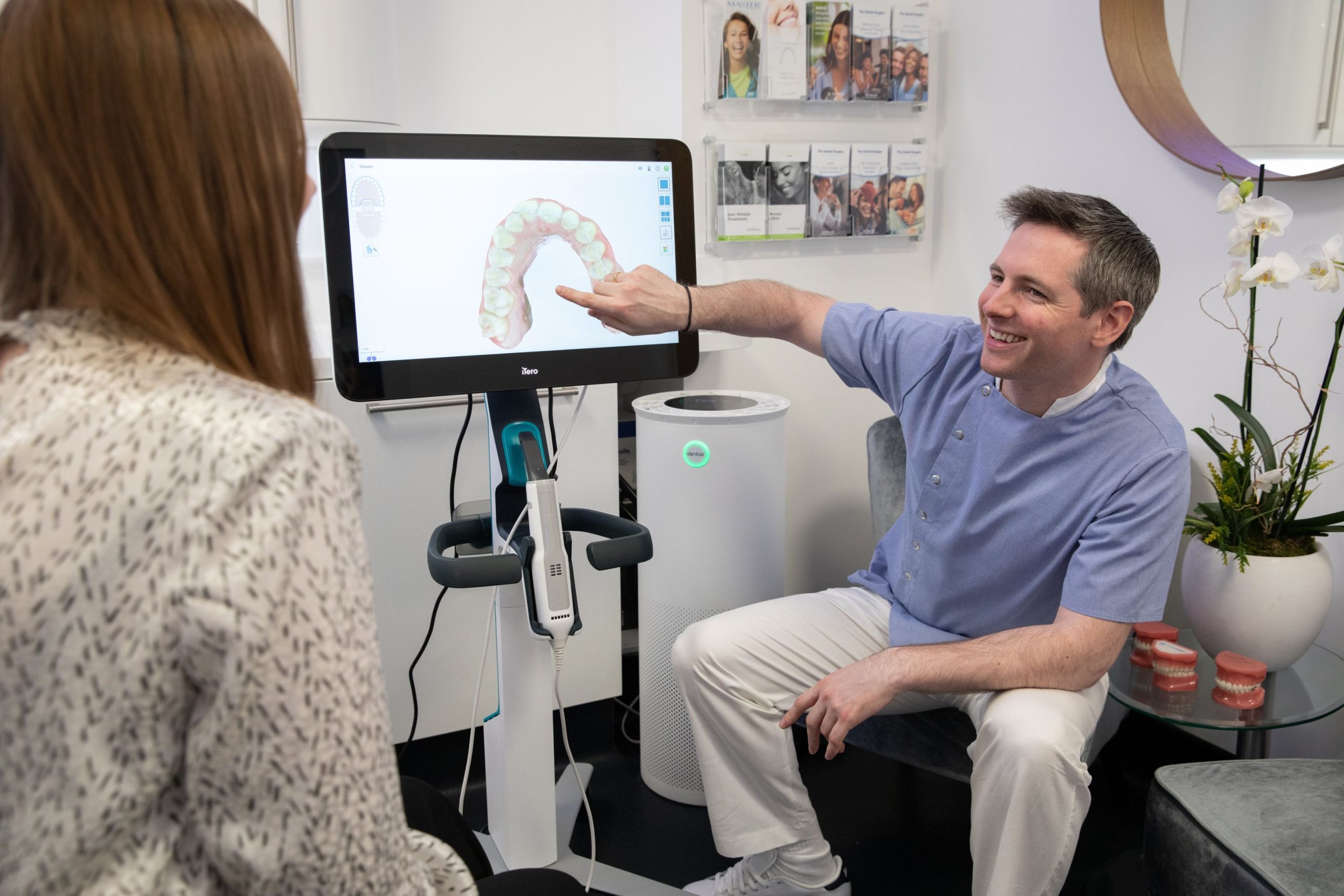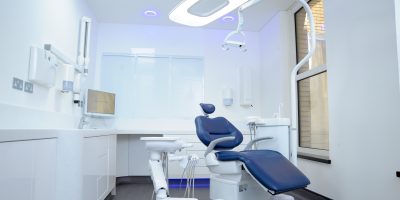How Can Your Dentist Help With Snoring?
Snoring might seem a fairly mundane problem but it can profoundly affect you (and your partner) and greatly diminish your overall quality of life. Snoring can be a sign of other issues, and it can also have a far greater effect on your quality of sleep than you might have imagined.
Anyone who snores regularly should have a medical appointment to talk through the issue and try to get to the cause of the problem. It should be taken more seriously than just being a bit of unwanted noise at night. A trip to your GP might be a sensible first option for a diagnosis, but there can also be help at hand via your dental surgery if you are aware that you suffer from sleep apnoea.
Why Snoring Could Be A Sign Of A Greater Problem
Snoring can be a sign of obstructive sleep apnoea, where the tissues in the neck “collapse” during sleep, which automatically leads to the sufferer waking up with a start and often a loud snore.
Several of these incidents can occur every night, yet the person suffering from sleep apnoea is not aware of anything other than waking up feeling devoid of energy and more than just a little tired.
The symptoms include snoring, excessive tiredness and other characteristics that go with long-term fatigue – irritability, anxiety or depression and forgetfulness among them.
Snoring Dental Devices
Seeing your GP would be the first step to diagnose sleep apnoea, but treatment could well then be through a dentist. We would make a specialist mandibular advancement device.
This is a bespoke mouth guard that fits comfortably over your teeth but holds the lower jaw and tongue forward, preventing the temporary collapse of tissue that leads to the sudden waking.
Difference between Dental and off the shelf Snoring Devices
It is worth noting that although these devices can be bought over the counter or online they will then not fit properly and so they will either be ineffective or uncomfortable and are likely to be a waste of money.
A dental practice would take an impression of your mouth to create a bespoke device that fits perfectly. A dental surgery would also be able to factor in any other complications such as any gum disease or misalignment of teeth and create a mandibular advancement device that is suitable.
Other Reasons To See A Dentist When You Suffer From Snoring
Even if snoring is not a sign of sleep apnoea, there are still side effects of snoring that a dentist can help with. Since snoring has a person sleeping with their mouth open, this can lead to dry mouth due to the lack of saliva which in turn leads to bad breath.
It has also been linked to other issues such as burning mouth syndrome and even gum disease. It is only by having regular check-ups that early signs of any gum issues can be spotted. This is important in making sure the relatively minor and easily treatable gingivitis does not progress into the far more problematic periodontitis – full blown gum disease that leads to the loss of bone.
Snoring can also lead to teeth grinding – the National Sleep Foundation claims that nearly one in four people with obstructive sleep apnea grind their teeth at night.
This again might mean that sleeping wearing a specialist mouth guard is recommended to avoid damage to the teeth.
Snoring can also have other knock-on effects. Even if you don’t suffer from sleep apnoea, snoring is still likely to lead to a bad night’s sleep and this in turn can lead to stress – stress then being linked to a whole range of conditions ranging from heart disease to gum disease.
Of course, solving snoring does not make someone immune from serious health complaints, but it does remove a potential contributory factor.
Make It Part Of Your Standard Check-up
Snoring might be a sign of something a bit more serious (but easily treatable) such as sleep apnoea, or it might just be an annoyance in itself.
While there might be no need to rush to see your GP or dentist, it is something to get checked out.
You should certainly mention snoring at your next regular check-up so that the dentist can check for any signs that it might be damaging your oral health and take steps accordingly.
Candidate For Cold Water Treatment?
There are other advisable practices that can help you tackle snoring – all without resorting to pouring cold water on your partner to wake them up and stop the noise…
Turning off all electronic screens an hour or so before bed helps the brain relax, so too does avoiding all caffeinated drinks, and foods that are fatty or spicy.
Getting some exercise during the day is beneficial, so too venturing outside to get natural sunlight – even if office bound for the day it is important to get fresh air.
There are further tips on the sleep foundation website.
Do you have a specific question?
Get in touch with us today.



